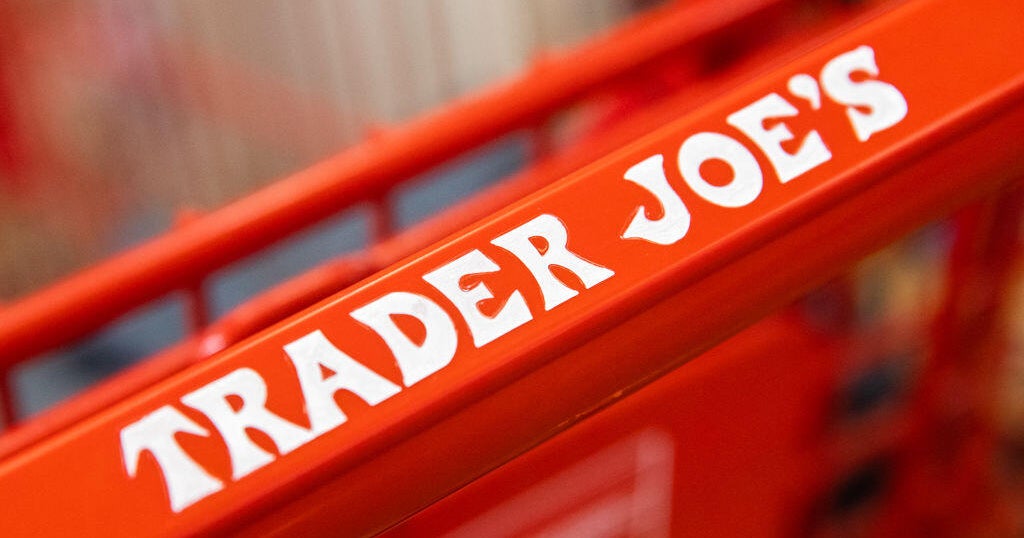Trader Joe's hikes hazard pay for its U.S. workers, but there's a catch
A Seattle law requiring large grocery stores to pay their frontline workers an extra four bucks an hour takes effect as of Wednesday, and Trader Joe's, for one, is opting to extend the additional cash beyond the city to pay its workers more nationwide. But the temporary wage bump comes with a catch: The supermarket chain is also canceling midyear raises for its roughly 10,000 employees.
Trader Joe's on Tuesday said it would temporarily raise hazard pay for all of its hourly workers across the U.S., bringing the company's hazard pay to $4 an hour, in line with a mandate passed last week by the Seattle City Council. It operates more than 500 stores nationwide.
"Effective February 1, 2021, the 'thank you' premium for all hourly, non-management crew members, was increased by two dollars, for a total of $4 an hour," the company said in an update on its website.
While Trader Joe's made no reference to Seattle or similar moves by some cities in California, a separate message to employees makes the connection clear, as first reported by the Seattle Times. "After seeing this occur with a few cities in California and Washington we have determined that such actions are unfair for all stores throughout the company," management wrote last week in a staff bulletin at a Seattle store.
But there's a caveat in the missive co-penned by company CEO Dan Bane, President Jon Basalone and Bryan Palbaum, executive vice president of finance and administration. Trader Joe's is canceling midyear raises, and could take further action "to address this potential economic situation" should cities "continue to increase the hourly rate above $4 or have the premium remain after the pandemic," the trio wrote.
According to the Seattle Times, Trader Joe's typically gives workers a raise of 65 to 75 cents an hour twice a year, meaning employees will be giving up a far smaller but permanent wage hike for a temporary $4-an-hour increase.
Trader Joe's did not return a request for comment.
Kroger, however, is taking a different tact, opting to permanently close what it called two underperforming stores in Long Beach, California, after the city council there approved a temporary wage hike for employees of major supermarket chains.



